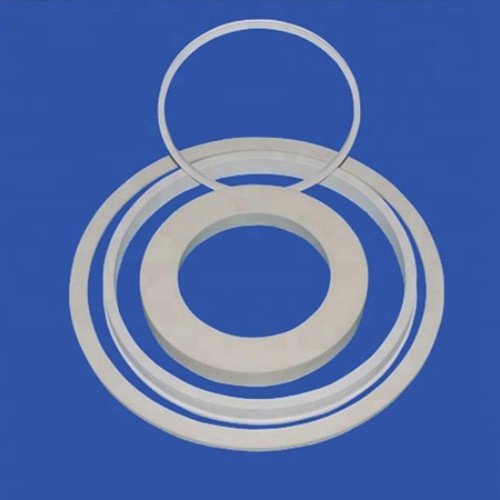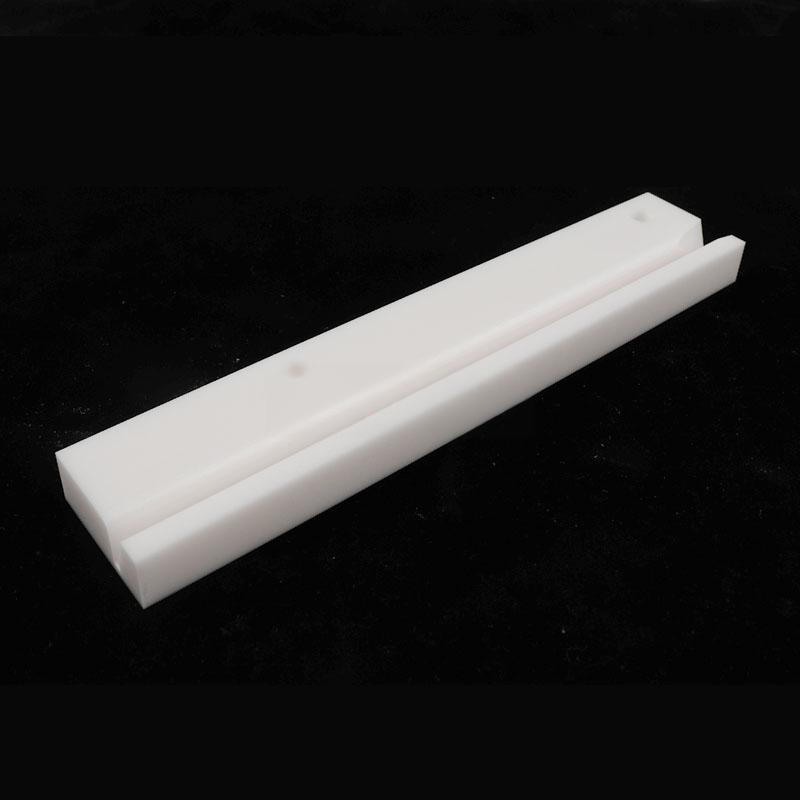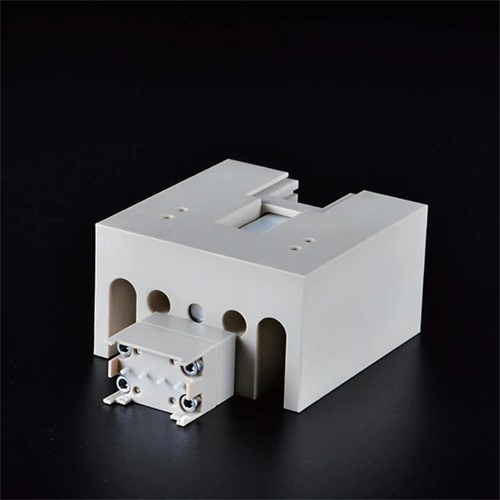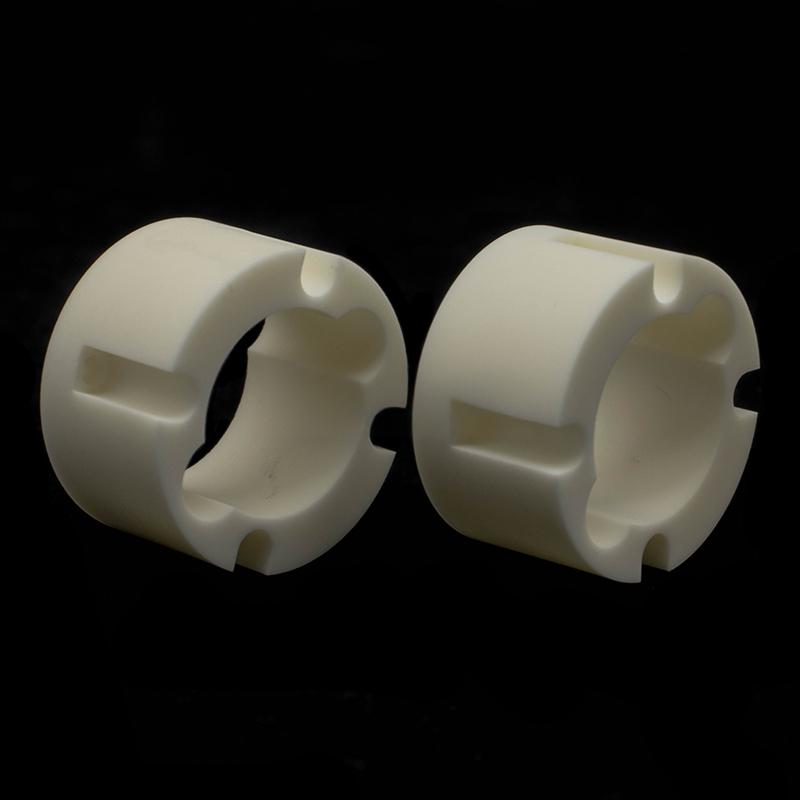Alumina ceramic seals are ceramic products made of alumina (Al2O3) as the main raw material, which have good wear resistance, corrosion resistance, high hardness and high temperature stability. In many industrial applications, especially in demanding environments, alumina ceramic seals are widely used for their excellent performance.
Material characteristics: The main component of alumina ceramic seals is alumina, which is usually more than 90%. Some high-quality products can contain more than 99% alumina.
Manufacturing process: Prepared by high-temperature sintering, the sintering temperature is usually above 1500 ° C.
Application field: Widely used in chemical, petroleum, machinery, food, pharmaceutical and other industries, used for sealing of various pumps, valves, reactors and other equipment.

Wear resistance: Alumina ceramics have high hardness, so alumina ceramic seals perform well in terms of wear resistance and are suitable for sealing applications containing solid particulate media.
Corrosion resistance: It has good chemical stability for most acid-base salt media and is not prone to chemical reactions.
High temperature resistance: Can withstand high operating temperatures, withstand high temperatures of up to 1500 ° C for a short time, and can also reach temperatures of up to 1000 ° C for long-term use.
Mechanical strength: Although ceramic materials are more brittle, alumina ceramics are treated by special processes to improve their strength and toughness, meeting general sealing requirements.
Dimensional stability: low thermal expansion coefficient, dimensionally stable when temperature changes, not easy to deform.
Installation and maintenance: The installation of ceramic seals requires precise dimensional control. Due to the brittleness of ceramics, excessive shock and vibration should be avoided during installation. During use, it is also necessary to avoid mechanical damage to the sealing surface.
Due to its unique properties, alumina ceramic seals have gradually replaced traditional metal seals and other material seals in many industrial fields, especially in those occasions where material properties are required. However, its relatively high cost and difficulty in processing are also factors limiting its wide application.
CATEGORIES
LATEST NEWS
- What is Macor processable g...
- The material properties and...
- The reason for the high pri...
- What are the preparation me...
- Why modify aluminum nitride...
- Thermal conductivity values...
- What is the thermal expansi...
- Thermal shock resistance of...
- The average coefficient of ...
- What is high alumina ceramic



